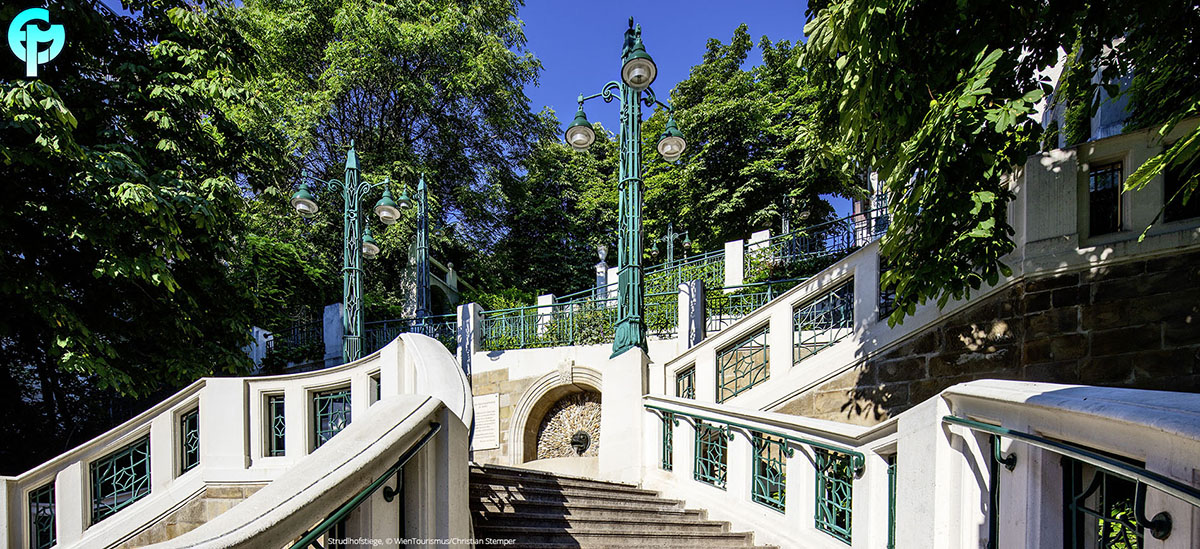
SEAA 2017 - Teaching, Education, Training and Standardization for CPS and SoS to Build Sustainable Innovation Ecosystems
Call for Papers:
Teaching, Education, Training and Standardization for CPS and SoS to Build Sustainable Innovation Ecosystems (TETS-CPSoS)
Embedded systems are everywhere – may they be visible or integrated into every day devices. Comfort, health, services, safety and security of people depend increasingly on them. In combination and close interaction with the (somehow unpredictable) real-world environment and humans, they become so-called “Cyber-physical Systems” (CPS), acting independently, co-operative or as “systems-of-systems” (SoS) (including legacy systems). The impact on society as a whole is tremendous - thus dependability (safety, reliability, availability, security, maintainability etc.), resilience and sustainability in a holistic manner become an important issue, despite unwanted emergent behaviors and interdependencies.
Demanding challenges have to be met by research, engineering and education – and not to forget the importance of standardization, qualification and certification. Smart (embedded) systems are regarded as the most important business driver for European industry. They are a targeted research area for European Research Programs in Horizon 2020 and in the ECSEL JTI, and national research programs.
And how do we learn to keep pace with the fast evolutionary, sometimes even disruptive developments?
What we need is building sustainable innovation ecosystems to enable rather smooth progress for people and society as a whole, despite the fast changes in technology and their application. There is tremendous investment in research and innovation – but is this complemented comparably in education and training as well? And can standardization follow adequately, do we train people to understand standards and how to do standardization properly? This should be part of basic university education and of “life- long learning” of professionals. Obviously there are gaps. Therefore, we have to ask:
“How should we teach, educate and train our engineers and researchers, how can we rise awareness for standardization in these demanding areas to mitigate risks and vulnerabilities?”
This special session workshop allows reports on on-going work aiming at hopefully fruitful discussions and exchange of ideas, to present best practices, examples and experience reports, and analysis of the challenges with recommendations for a sustainable future of teaching, learning, training and standardization, and how to achieve sustainable innovation ecosystems in this context.
You want to present your ideas and results? Which examples would you like to provide?
The workshop will be organized as a Special Session of SEAA and DSD, i.e. papers will be published in the general SEAA Proceedings, published by Computer Publishing Services (CPS) of IEEE Computer society http://www.computer.org/cps.
Submission of Papers
Papers (6 - 8 pages, http://www.computer.org/portal/web/cscps/formatting ) will be reviewed by at least three reviewers.
Submission will be handled via EasyChair: https://easychair.org/conferences/?conf=seaa2017.
The International Programme Committee is composed of selected EUROMICRO / ERCIM / EWICS members, led by the workshop organizers.
Workshop and program committee chairpersons
Erwin Schoitsch, AIT Austrian Institute of Technology
Amund Skavhaug, The Norwegian Univ. of Science and Technology
List of Reviewers (to be confirmed)
Erwin Schoitsch, AIT Austrian Institute of Technology (AT)
Amund Skavhaug, NTNU Trondheim (NO)
Bettina Buth, HAW Hamburg (DE)
Peter Daniel, EWICS TC7 (UK)
Francesco Flammini, Univ. of Naples (IT)
Janusz Gorski, Techn. Univ. of Gansk (PL)
Denis Hatebur, Univ. Düsseldorf (DE)
Floor Koornneef, TU Delft (NL)
Willi Krenn, AIT Austrian Institute of Technology (AT)
Peter Ladkin, Univ. of Bielefeld (DE)
Dejan Nickovic, AIT Austrian Institute of Technology (AT)
Frank Ortmeier, Otto-von-Guericke Univ. Magdeburg (DE)
Thomas Pfeiffenberger, Salzburg Research (AT)
Matthieu Roy, LAAS-CNRS (FR)
Francesca Saglietti, Univ. Erlangen-Nuremberg (DE)
Christoph Schmitz, Zühlke Engineering (CH)
Rolf Schumacher, Honeywell, Bombardier (DE)
Mark-Alexander Sujan, Univ. of Warwick (UK)
Meine van der Meulen, DNV (NO)